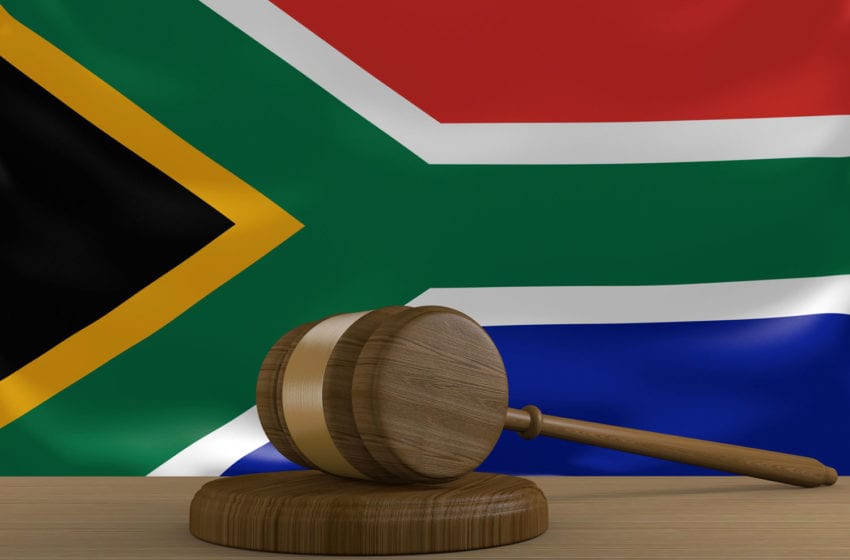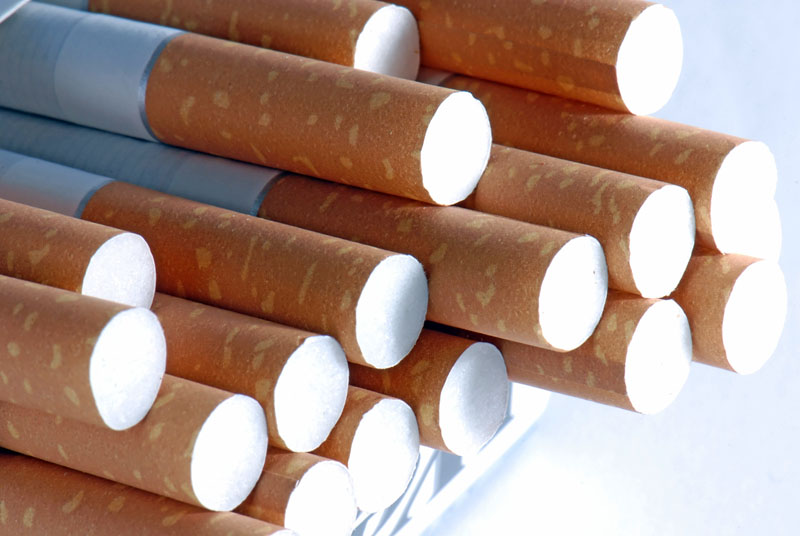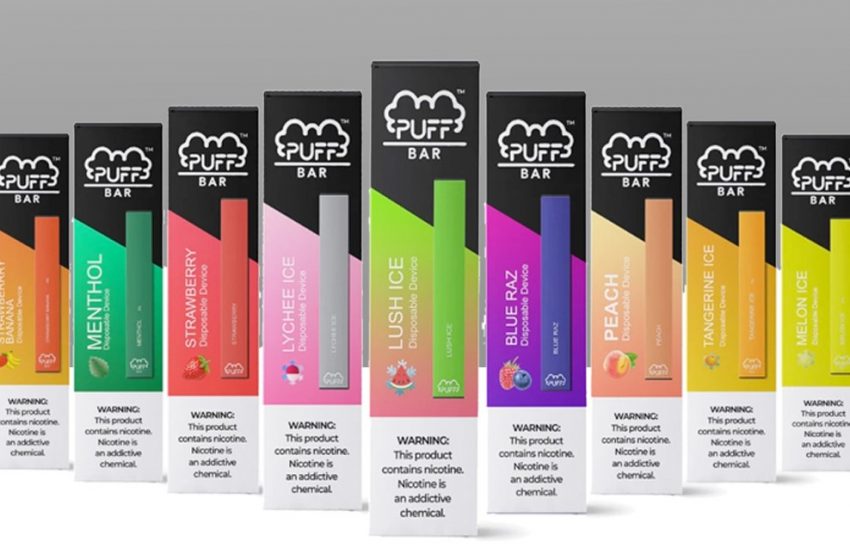
(Photo: Timothy Donahue)
British American Tobacco (BAT) and Imperial Brands profited from child labor on tobacco farms in Malawi, according to a legal claim initiated after an investigation by The Guardian.
The claim alleges “widespread use of unlawful child labor, unlawful forced labor and the systematic exposure of vulnerable and impoverished adults and children to extremely hazardous working conditions with minimal protection against industrial accidents, injuries and diseases.”
The Guardian’s 2018 investigation reported that tobacco farmers were exposed to nicotine poisoning, toxic pesticides and harsh weather conditions during labor-intensive shifts in areas where up to 63 percent of children were engaged in child labor.
Due to that investigation, several countries, including the U.S., suspended leaf imports from Malawi over the child labor allegations. U.S. Customs and Border Protection later cleared imports from Malawi by Limbe Leaf Tobacco Co. and Alliance One International after investigations determined that the tobacco imported by those companies was not harvested and produced with child labor.
(Tobacco Reporter recently featured Alliance One’s actions to keep its supply chain free of child labor and forced labor in a feature article, titled, “Up to the Task.”)
BAT and Imperial Brand declined to comment on the specifics of the case.
“BAT takes human rights very seriously and expects all employees and suppliers to respect and uphold them. It would not be appropriate for us to comment on the specifics of this situation, given the possibility of future litigation,” a BAT spokesperson said. “We take the issue of child labor extremely seriously and strongly agree that children must never be exploited, exposed to danger or denied an education.”
“We take the issue of child and forced labor very seriously and do not condone exploitative practices in our supply chains, as made clear in our code of conduct, which is published on our corporate website,” an Imperial Brands spokesperson said.
“We actively seek to prevent exploitation through multi-stakeholder initiatives, including an industry-wide sustainable tobacco program, which is aligned to the U.N. guiding principles. We will defend any claim vigorously, and it would be inappropriate to comment further.”
Leigh Day, the law firm that filed the legal claim, said that more details of the claim will be filed in January 2021 with the monetary value to be set later.











